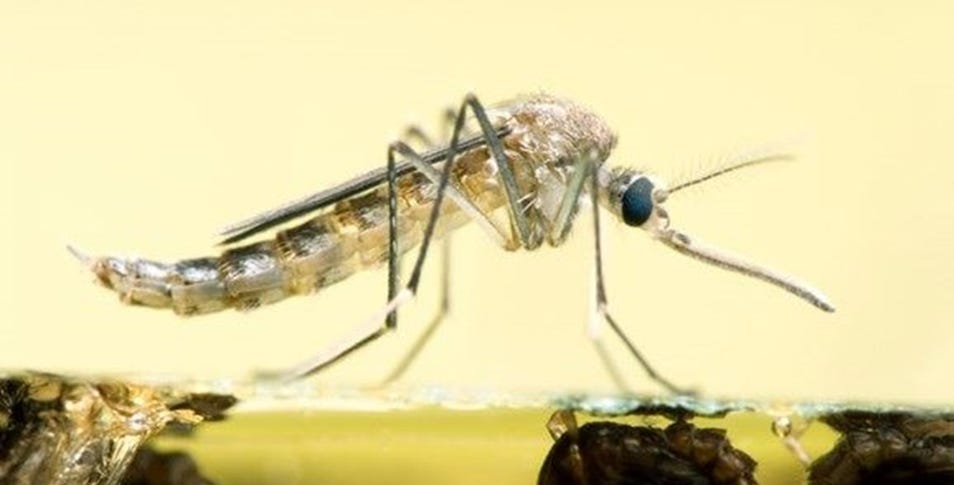Malaria
MALARIA

This article contains general advice only and is not a substitute for medical advice. Always seek a professional health care opinion.
How To Prevent Against Malaria
As another mosquito escapes your clutches and you feel that too-familiar itchy bite, it is natural to feel annoyed. In some parts of the world however, mosquito encounters do not always end there. In fact, some mosquitoes are carriers of devastating diseases, and being bitten by one can lead to fatal consequences. Malaria is one such disease.
What is malaria?
So, what is malaria and why is it so dangerous? Malaria is a parasitic disease spread by mosquitoes and caused by Plasmodium parasites.
The name ‘malaria’ comes from the Romans and Greeks and stands for ‘bad air’ (where ‘mal’ = bad). They assumed the high fevers that were cropping up in swampy, marshy areas were caused by the bad odour coming from those areas. They were not far off, as a high fever is one of the early symptoms of malaria (although, of course, we now know the name of the organism responsible for the disease).
About 95% of India’s population live in areas wheremalaria is endemic (i.e. regularly occurring) while 80% of cases tend to be in tribal, hilly and difficult-to-access areas. Elsewhere, malaria is dominant in the tropical regions of Africa, South America, Asia and the Pacific Islands, and is present in over 100 countries. Globally, malaria is responsible for over 1 million deaths every year.
What are some common malaria symptoms?
Generally, malaria symptoms start developing fast and can show up within 10 to 15 days after a mosquito bite. That said, there are some rare cases where symptoms have taken up to a year to show. It should also be noted that there are several types of malaria present in India, with some differences in symptoms and the progress of the disease.
Some common malaria fever symptoms to look out for include:
- Elevated body temperature (at least 38°C)
- Vomiting and nausea
- Chills and sweats
- Muscle aches and pains
- Diarrhoea
- Headaches
If not treated on time, the patient may develop more serious symptoms, including complications such as kidney failure, jaundice, coma, and in extreme cases, death. Malaria should be treated within 24 hours to prevent it getting worse, so it is important to be vigilant if you travel to malaria-prone areas. Malaria symptoms such as fever, headache and chills can be mild to start with, but it is still wise to go to a doctor to get yourself checked.
Which mosquito causes malaria?
While the real culprit behind malaria is the Plasmodium parasite, mosquitoes are the ones that help transmit the disease. The parasite infects the female Anopheles mosquito, and sheshelters it within her body before biting and injecting the parasite into humans. Once the parasite has entered your body, it flows through your blood stream before entering the liver and multiplying.
All it takes is one bite from an infected mosquito for you to get infected yourself. In fact, because malaria is not a contagious disease, the only way you will contract malaria is if a mosquito bites an infected human and then goes on to give you a nip too. If you have a keen eye, you could spot identify the Anopheles mosquito yourself. Wait until the mosquito lands on a surface and check whether its thorax is elevated from the surface. If it is, you have found yourself an Anopheles mosquito!
How do you prevent malaria?
Mosquito bites are hard to avoid in infested areas, but it does not need to be impossible if you follow these simple tips:
- Prepare your environment
Malaria-carrying mosquitoes are extremely active during twilight periods. So, make sure that you use an effective insect repellent to keep them in check when dusk or dawn breaks.
It may also help to use the Mortein Insta Vapourizer Combipack. It is a plug-in mosquito repellent that begins acting within five minutes of activation, to help keep mosquitoes away. Simply remove the cap and insert the liquid vaporiser bottle into the electric heating machine, plug it into an outlet and switch on the heater. Keep doors and windows closed for the first 30 minutes for best results.
- Dress to prevent
Wear loose,light-coloured clothing that covers your entire arms and legs. Refrain from wearing excessive perfumes or aftershaves that could attract unwanted attention (by mosquitoes, that is). Shield any exposed skin with the help of body insect repellent.
- Use anti-malaria medication
No malaria vaccines are available that can prevent infection. However, you can ask your doctor to give you anti-malarial medication a couple of months before you travel to malaria-infected areas. Keep in mind that you must finish the whole course for the medication to be effective.
How do you treat malaria?
Even in the most serious of cases, almost all malaria patients make full recovery provided that the infection is treated properly. If you develop malaria symptoms, make an appointment with your doctor or visit your nearest healthcare facility immediately. The earlier malaria can be diagnosed and treated, the better your chances of recovery.
The established treatment for confirmed malaria is ‘artemisinin-based combination therapy (ACT)’ which involves combining two or more antimalarial medications based on the specific strain. This is usually a three-day course of medication.
If the patient has severe malaria and is unable to take oral medication, they will first be treated via injection of antimalarial medication before following up with ACT. A rectal method may be used to alleviate severe malaria symptoms in kids, followed by a three-day course of ACT.
Disclaimer: Mortein does not make any warranty that by using these products you will not contract the diseases referred to in this site. Use Mortein as part of a complete preventative plan andplease still take caution. Seek a medical professional for further advice in regard to the above, especially if visiting prone areas.

.jpg?width=360&height=150&format=jpg&quality=80)
.jpg?width=360&height=150&format=jpg&quality=80)
.jpg?width=360&height=150&format=jpg&quality=80)
.jpg?width=360&height=150&format=jpg&quality=80)
.jpg?width=360&height=150&format=jpg&quality=80)
.jpg?width=360&height=150&format=jpg&quality=80)
.jpg?width=360&height=150&format=jpg&quality=80)
.jpg?width=360&height=150&format=jpg&quality=80)